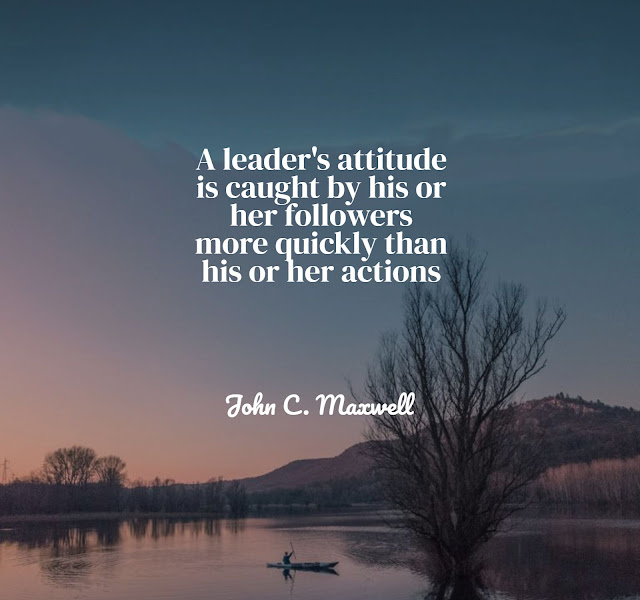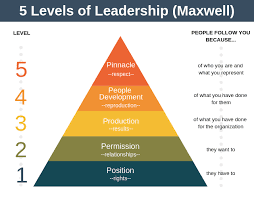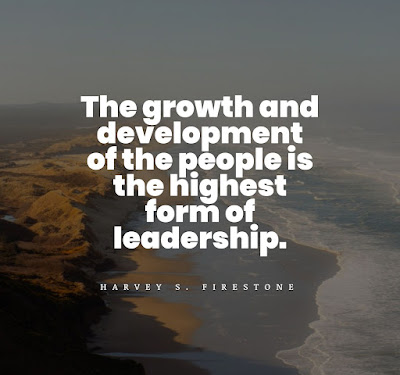ATTITUDE IN LEADERSHIP!!
Most of the times when we think of leadership, we focus
mainly on management skills, academic achievement, oratory skills, influence,
power, position, authority and many other aspects. But the most important
quality in a leader which is generally not talked much about is the Attitude.
Attitude is one quality that separates leaders from followers. Attitude is not
only important in leadership but it’s crucial in every other aspects of life of
an individual. Success in leadership is not achieved merely by chance or by
achieving power and position but by a mindset that is a result of continuous
effort of making and breaking of habits.
Leaders with a
positive attitude towards life have been time-tested to benefit the
people that they connect to, including their organization. Leadership is more
about your mindset and Attitude rather than your Ability to achieve great
goals. Many Great Leaders in the past who made history, did so because they
believed in their ability to do so.
Here are some insights on the attitude factor that a leader
must have to create and sustain an organization:
Attitude preserves
Ability: You cannot
lead people and manage your resources if you don’t have the right kind of
attitude in your management even though you may have power, skills or talent.
The reason why attitude is more important than Ability is because it preserves
and protects Ability.
 |
| Attitude in leadership |
A person may have acquired a lot of knowledge, skills and
expertise in some areas of life but he cannot expose his true potential to the
world unless they have the right kind of mentality. It is important for us to
first acquire the mentality of a leader than to pointlessly run after
possessing skills. Skill or Talent is useless if it is not applied to get the
right results that a corporate entity requires.
Zig Ziglar was an American author, salesman, and a
motivational speaker. He said something very intriguing. He said, “ Your
Attitude, not your Aptitude, will determine your Altitude.”(Forbes, Pub. Nov
28,2012) It is clear that it is your Attitude towards life that eventually
determines life’s attitude towards you. A right kind of Attitude means that you
believe in achieving your dreams as an individual and as an organization.
Attitude facilitate
culture: Most of us
have been conditioned by the society and culture in which we live, that only
certain people having high capacities or ability can achieve great things in
life. Most of us are forced to think so much average, that we do not rise above
our own thinking. However, when you are a leader, you are not only responsible
for your life but also for the lives of those whom you lead. Therefore, it is
important for leaders to maintain and check their mindsets from time to time
and keep it on the right track.
Attitude creates culture. Whatever is the attitude of an
individual towards their life, the same kind of culture prevails around them.
Whenever we see a person with a negative or depressing attitude, it
automatically tells us about the culture from where that person came.
Therefore, cultures are nothing but measure of an individuals attitude which results into a certain pattern of lifestyle and eventually creates the so-called social norm in the society which becomes normal for us to live in.
 |
| Attitude in leadership |
Sometimes we find it difficult to explain some really simple
things to some people who come from completely different backgrounds although
we may communicate with them smoothly. It is so because it is difficult for
them to change their attitude which is continuously formed over the years and
shaped by the culture that they lived in. Over the centuries, man has made a
lot of progress. We have conquered mountains, dived deep into the bottom of the
oceans, explored space and made extreme technological advancements. But even
today, the most difficult thing we find is to change our mind. Everything in
our life is connected with our mind. Once we have conquered our minds, our
lifestyle completely changes.
In his book, “Attitude is Everything” Jeff Keller tells us
how important a positive attitude is for an individual and a leader to lead
effectively. He wrote, “ Your Attitude is your window to the world.” (Jeff
Keller, Pub.1999,2001) And therefore, it is your responsibility as a leader to
keep that window clean so that you see the opportunities in the crisis or
difficult times. Once you have changed your attitude, things begin to change
for you. It not only affects your business or your organization but also your
personal life including your relationships.
 |
| Attitude in leadership |
Your Attitude is tested and strengthen by the hard and
turbulent times. Do not be afraid of difficulties in life, they are a part in
the process of making you stronger. Have a cheerful attitude towards life
rather than worrying too much about failure and trying to take risks in life.
Life is all about learning from the mistakes that we made in the past , to grow
from them and then not to repeat them again. It does not matter how great you
have failed, but the quality of your Leadership is determined by how much great
adversities you survive.
The greatest challenge for a leader in the contemporary world
is not the problems of the outside world but it’s what happens inside them.
Your inner beliefs and mindset towards difficulties or circumstances in life
will determine your response to them. It is more important to manage and
control our own thoughts and feelings when we fail so that we can make the
foundation of our organizations strong and make it long-lasting. Therefore,
Attitude is the key to your personal development and Leadership Success!
REFERENCES:




























